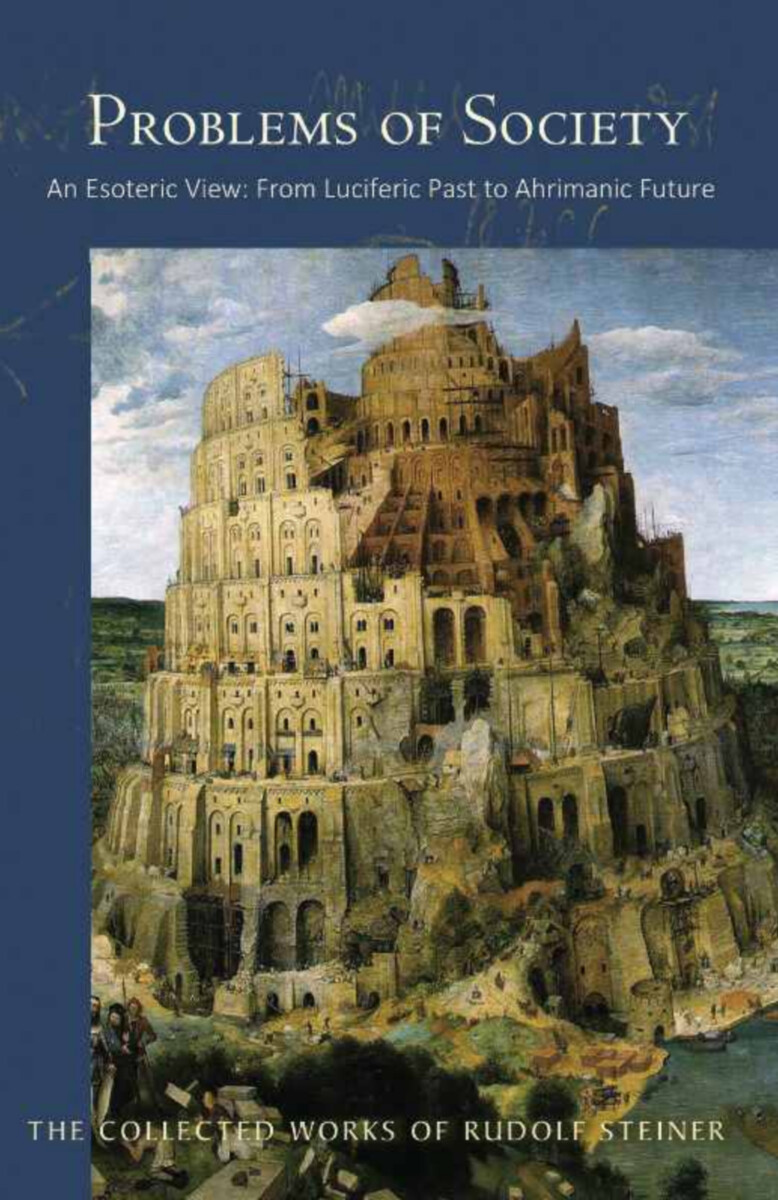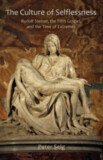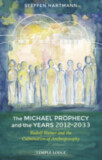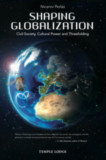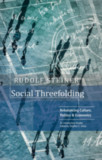Problems of Society
An Esoteric View, from Luciferic Past to Ahrimanic Future (CW 193)
- Publisher
Rudolf Steiner Press - Published
5th February 2016 - ISBN 9781855845169
- Pages 216 pp.
- Size 6" x 9"
10 lectures, various cities, February 4–November 4, 1919 (CW 193)
“Whatever turbulent outward events occur in the world, whatever form is taken by things seeking to work their way out of the depths of human evolution, we only really hearken to the true, underlying nature of these events...if we observe the world from a spiritual perspective” — Rudolf Steiner
In seeking to heal the many social crises of our time, Rudolf Steiner urges us to turn away from “fixed principles, theories, or social dogmas” and to rediscover the true nature of the human being. This inner reality—which cannot be understood in materialistic or deterministic ways—is the only basis on which society can be truly founded. Nevertheless, Steiner tells us that it is not enough to speak of well-meaning ideas, unless we also actively work for change—change that begins with each of us.
In 1919, a year marked by strong social and political upheavals, Steiner was deeply concerned with social questions. Having published a book on the subject (Towards Social Renewal), he embarked on a major campaign to publicize his “threefold” ideas for society. In addition to public lectures, however, Steiner also sought to deepen the subject in a series of talks to members of the Anthroposophical Society. Those lectures, gathered in this volume, reveal the “inner,” or “esoteric,” aspects of the social question. They complement Steiner’s very practical efforts to realize threefolding in the historical context of his time.
Whereas Steiner’s suggestions for social change may seem counter-intuitive to pragmatic thinkers, they will strike a resonant chord in many of those who seek deeper answers to the social problems of our time—problems that politicians seem unable to remedy. Among the many themes that Rudolf Steiner discusses here are nationalism as a retrograde tendency; the tasks of Central Europe and Britain in relation to the East; the incarnation of Ahriman in the West, and the historical incarnation of Lucifer in the third millennium BC.
“Time and again in these lectures, Steiner urges us to turn away from ‘fixed principles, theories, or social dogmas,” appealing instead to the intrinsic nature of the human being as the only reality on which society can be founded.” — Matthew Barton
This volume is a complete translation from German of Der innere Aspekt des sozialen Rätsels. Luziferische Vergangenheit und ahrimanische Zukunft (GA 193). Four lectures appeared previously as The Esoteric Aspect of the Social Question: The Individual and Society.
Rudolf Steiner
Rudolf Steiner (b. Rudolf Joseph Lorenz Steiner, 1861–1925) was born in the small village of Kraljevec, Austro-Hungarian Empire (now in Croatia), where he grew up. As a young man, he lived in Weimar and Berlin, where he became a well-published scientific, literary, and philosophical scholar, known especially for his work with Goethe’s scientific writings. Steiner termed his spiritual philosophy anthroposophy, meaning “wisdom of the human being.” As an exceptionally developed seer, he based his work on direct knowledge and perception of spiritual dimensions. He initiated a modern, universal “spiritual science” that is accessible to anyone willing to exercise clear and unbiased thinking. From his spiritual investigations, Steiner provided suggestions for the renewal of numerous activities, including education (general and for special needs), agriculture, medicine, economics, architecture, science, philosophy, Christianity, and the arts. There are currently thousands of schools, clinics, farms, and initiatives in other fields that involve practical work based on the principles Steiner developed. His many published works feature his research into the spiritual nature of human beings, the evolution of the world and humanity, and methods for personal development. He wrote some thirty books and delivered more than six thousand lectures throughout much of Europe. In 1924, Steiner founded the General Anthroposophical Society, which today has branches around the world.


